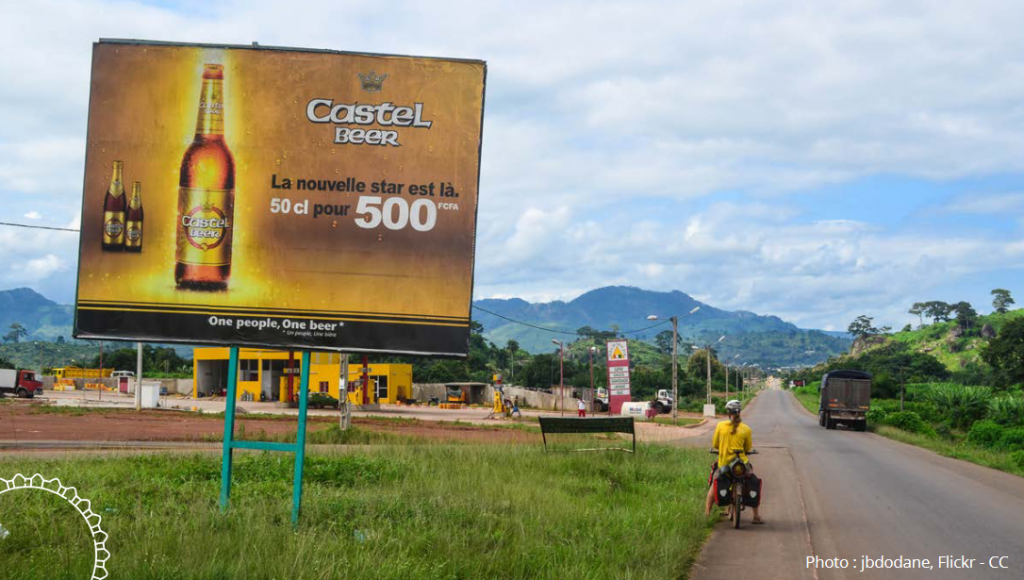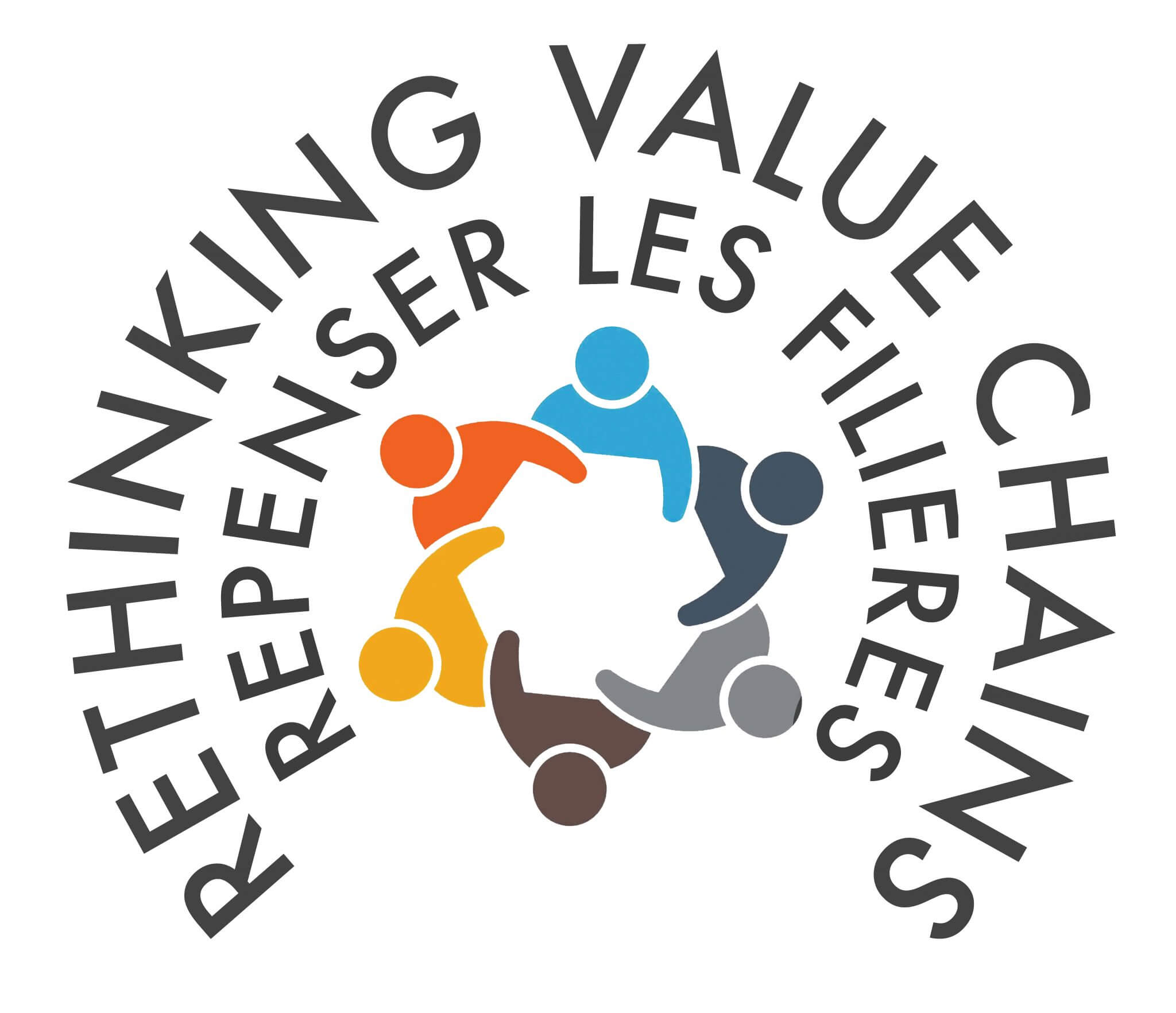Cheers to Africa : damning revelations about the French brewing empire Castel
Thursday, March 10th, 2022 in: News

Deplorable working conditions, the depletion of natural resources, the spreading of chemicals products highly toxic to human health and biodiversity, land grabbing, alcoholism, aggressive marketing, seas of plastic waste : these are among the many scourges caused by the French group Castel, a key player in the beverage market. ReAct Transnational has carried out a long investigation into this leader in French wine who is second in the brewing market in Africa. The report documents how Pierre Castel, the ninth wealthiest man in France has built an entire empire at the expense of a continent (soon available in English).
Invest in raw materials to control the entire chain of production
Castel is an empire that seeks to control the various links in the brewing industry, and in particular the production of key raw materials : sugar is used to supply the company’s soft drinks, while barley and corn meal are essential to the fermentation process of their beers. Thus, the multinational produces 350,000 tons of sugar each year, and growth of investments in corn has enabled it to acquire a production capacity of more than 300,000 tons a year. Breaking into the agro-food market is not without consequences : the establishment of monocultures on tens of thousands of hectares is accompanied by a massive loss of biological diversity and deep soil degradation, which are old and fragile in Africa. Similarly, there is an increase in land conflicts between the Castel company and the indigenous populations who are dispossessed of their land : in Cameroon and Côte d’Ivoire alone, the company has acquired more than 40,000 hectares of land, at the risk of upsetting the socio-political order and destroying the fields formerly cultivated by farmers. Additionally, the arrival of a multinational corporation like Castel in the agro-food market stimulates demand for extremely dangerous pesticides, to the point that some have been banned in the European Union for their proven toxicity on human health and biodiversity.
A systemic model of work insecurity
A stranglehold on various stages in the brewing industry goes hand in hand with an increase of subcontracting within the Castel group. It is thus estimated that 70% of production is subcontracted within the Société Anonyme des Brasseries du Cameroun (SABC), in Douala. Although this subsidiary of the Castel group officially has 3000 direct employees, it also generates 100 000 subcontracted jobs in the field of production, distribution (transport, sales), administration, maintenance, upkeep, and labeling. This leads to a multitude of work statuses within the company : the holders (qualified technicians, engineers, executives or administrative staff), subcontracted workers employed by a third-party company under contract with the SABC whose sole client is the SABC (transport, labeling, forklift drivers), and contractor workers employed by a third-party company under contract with the SABC which has other clients than the SABC group (security guards, painters, rope access technicians, maintenance). While these subcontracting companies are characterized by the absence of trade union organizations defending workers, a gap is widening between the working conditions and wages of direct and subcontracted workers : for instance, the wages of direct employees are between 150,000 FCFA (228 euros) and 500,000 FCFA (760 euros), against only 50,000 FCFA (76 euros) and 100,000 FCFA (152 euros) for subcontracted employees at SABC Douala.
We find these same disparities within the agro-industrial companies of the Castel company, reinforcing the systemic precariousness of work within the multinational : thus, the Société Sucrière du Cameroun (SOSUCAM) employs seven times more precarious workers (7,000 seasonal and daily workers) than permanent workers (1,000). Following a major wave of layoffs in June 2021, it was estimated that the share of temporary workers constituted nearly 90% of the workforce at SOSUCAM. Daily workers are by far the most vulnerable : they have no written contract, are hired on a day-to-day basis by SOSUCAM or via subcontracting companies, and generally carry out tasks such as general cleaning of factories, logistics , weeding, gleaning, or packaging and loading bags of sugar onto trucks. Some workers testify that they work for several months of the year outside of any legal work framework : in Cameroon, casual work cannot last more than fifteen days and can only be renewed once. However, the actual working conditions of SOSUCAM day laborers do not correspond to any of these statutes enforced by law.
In conclusion, we note that the Castel company’s control over the entire brewing industry creates of model of precarious work and massive health and environmental pollution.
To put an end to this impunity, workers in breweries and plantations will organize !


